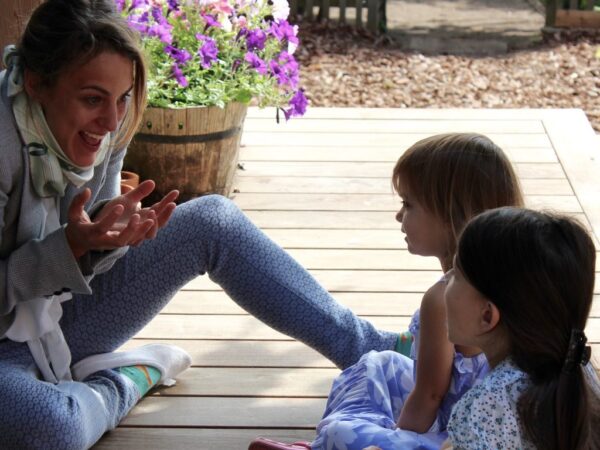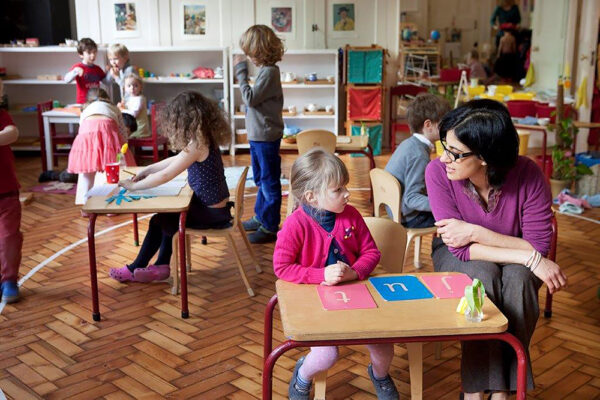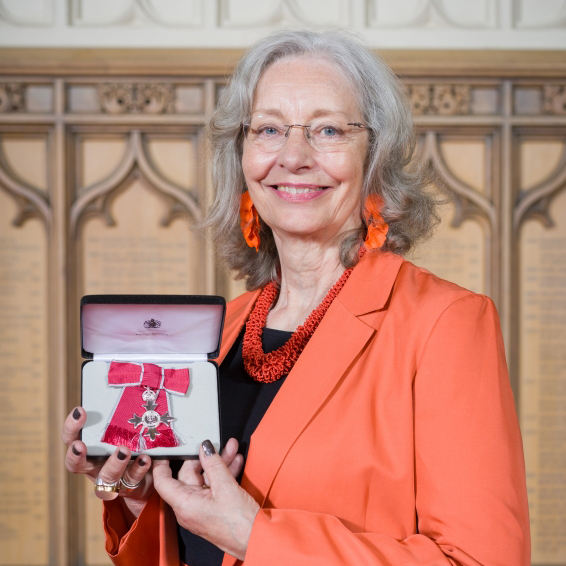Those who work in early childhood education are at the forefront of supporting children and families who have had a very different start to family life then they had perhaps imagined. Now, more than ever, a focus on children’s emotional well-being, resilience and on building the foundations of strong mental health are vital.
The Montessori approach is perhaps best known for the beautiful materials that Maria Montessori designed and introduced to the children. It is also well known for supporting children to be independent, and for being an educational approach that follows their interests. Yet, Maria Montessori also wrote a great deal about children’s whole development, including their psychological development. Today we have the added advantage of research in the field of neuroscience to add to our understanding of children, and the way we can best serve their needs.
Montessori teachers are well-placed to support children’s emotional well-being, and to support the behaviours that we see arising as the result of the big emotions that children experience. For a start, the Montessori approach supports children to be independent, community-minded, resilient, and creative in their thinking. Perhaps most importantly, Montessori teachers spend a great deal of their time observing children and striving to understand their developmental needs and drives.









